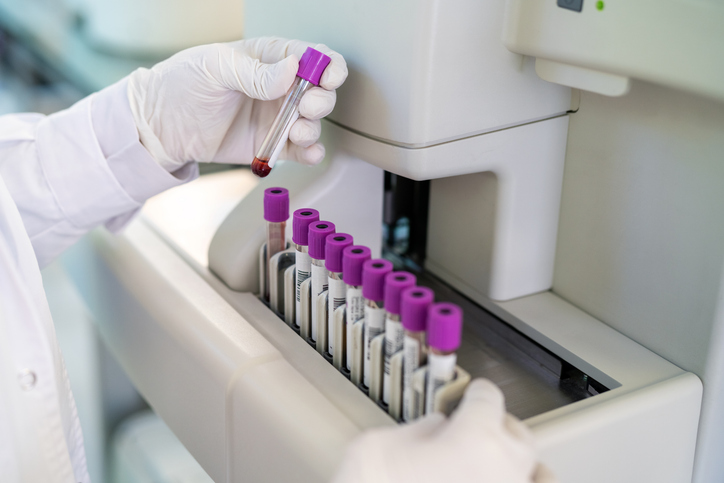On January 17, the United States Department of Justice (DOJ) announced a settlement of $704,249 between BioReference Health LLC, OPKO Health, Inc. (BioReference’s parent company,) and the United States, to resolve allegations of billing the government for unnecessary blood tests. The whistleblower who initiated the claim will receive $112,694 of that amount. The settlement, involving the nation’s third-largest clinical provider of laboratory tests and equipment, “demonstrates [the government’s] commitment to protecting the integrity of federal health care programs[,]” according to the head of the DOJ’s Civil Division, Principal Deputy Assistant Attorney General Brian M. Boynton.
The whistleblower and the United States allege that, from 2012 to 2023, BioReference performed more expensive blood tests than medical providers ordered for their patients. As a result, BioReference and OPKO Health billed federal healthcare programs, including Medicare, for these medically unnecessary tests, which the United States charged as fraud that violated the False Claims Act (FCA).
Specifically, medical providers allegedly ordered Complete Blood Count lab tests (CBC) without an automated white blood cell differential (WBC) for their patients. Tests with WBC are more complex and expensive than a typical CBC blood test without WBC. However, BioReference allegedly performed tests with WBC consistently without request and fraudulently billed federal healthcare programs for over a decade.
This is the second time BioReference has been accused of violating the False Claims Act in four years. In 2022, the first instance was settled for $10 million to resolve allegations that OPKO Health and its subsidiary paid kickbacks to physicians to induce referrals. The whistleblower, or “relator” under the FCA, received just over $1.5 million in that settlement.
In each of these cases, the relator filed their complaints under the FCA’s qui tam provisions. Under these provisions, private parties may file lawsuits on behalf of the federal government and share in any financial recovery. The most common qui tam cases concern alleged healthcare and defense contracting fraud. In successful suits, whistleblowers who file a qui tam action may receive between 15% and 30% of the total settlement amount, depending on several factors, including whether the government intervenes in the case and the value of the information provided.
“Schemes like these waste taxpayer money and raise healthcare costs for all Americans,” said U.S. Attorney David C. Weiss for the District of Delaware, where the case was filed. Similarly, Special Agent in Charge Maureen R. Dixon of the Department of Health and Human Services Office of Inspector General added, “Laboratory companies have a responsibility to perform the specific testing requested by physicians’ orders.” BioReference and OPKO deny the allegations resolved by the settlement. With nearly $1.7 billion recouped in 2024 for the federal government involving healthcare fraud, the FCA remains a vital component for whistleblowing and overall fraud detection in the United States.
However, in September 2024, a district judge in Florida ruled that the False Claims Act’s qui tam provisions were unconstitutional. The U.S. federal government is urging the U.S. Court of Appeals for the Eleventh Circuit to reverse that decision, stating in a brief that “other than the district court here, every court to have addressed the constitutionality of the False Claims Act’s qui tam provisions has upheld them.”
Whistleblower advocates have warned of dire consequences should the district court ruling stand and have also outlined why it is inconsistent with prior case precedent and misinterprets the qui tam provisions.
The claims asserted in this case are allegations only, and there has been no determination of liability.
